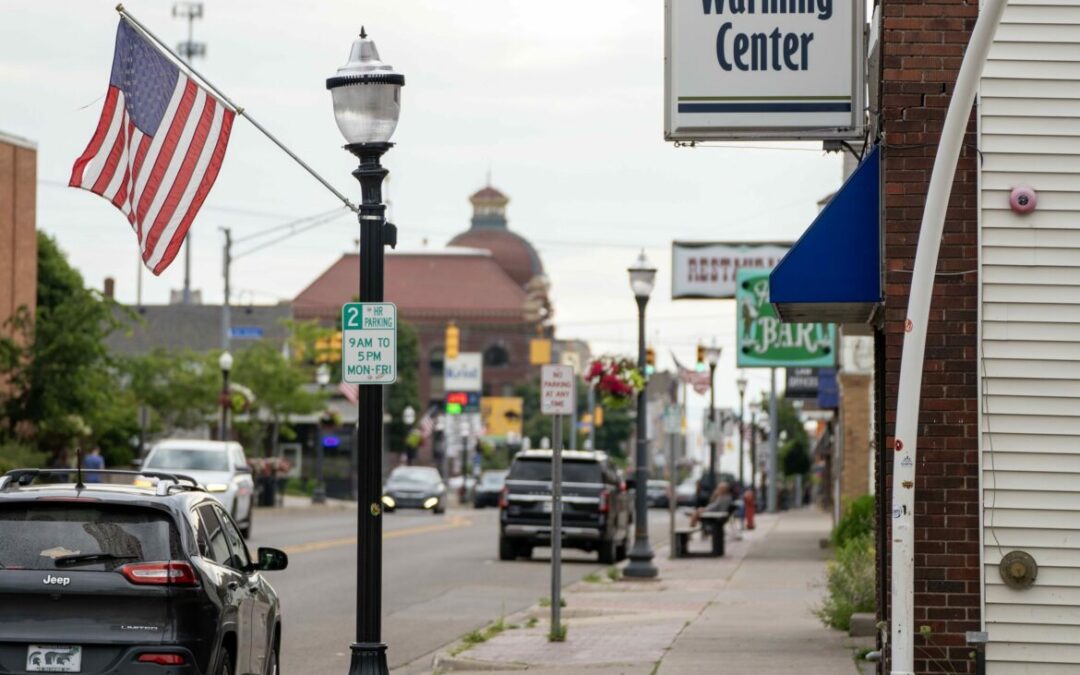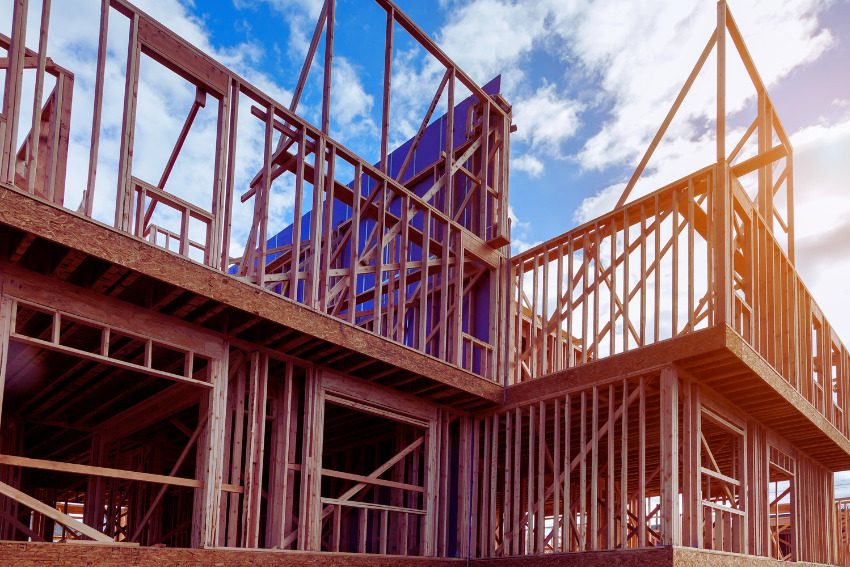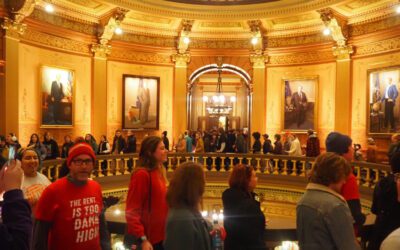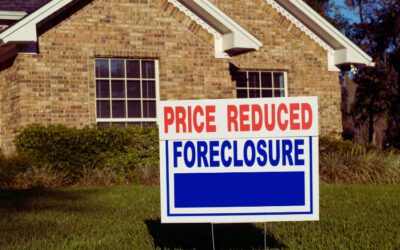
Photo Illustration/Getty Images/John Nacion/WireImage
About $250 million in federal tax credits awarded through Gov. Gretchen Whitmer’s administration will help support 22 affordable housing projects in 14 Michigan communities.
MICHIGAN—Gov. Gretchen Whitmer announced a series of federal tax credits this month to help developers build or rehabilitate more than 1,000 affordable rental homes across Michigan, all with the goal of expanding the state’s housing supply and driving down costs for families.
“This year, we are working together to make the largest investment to build housing in Michigan history,” Whitmer said in a statement last week. “Housing is about much more than a roof over your head. It’s the foundation for success at school, work, and in the community.”
The federal Low-Income Housing Tax Credits announced this month are administered through the Michigan State Housing Development Authority. All told, about $250 million in tax credits are set to support the new construction and rehabilitation of 22 housing projects in 14 communities.
According to Whitmer’s office, those tax credits will go on to spur on more than $300 million in investments across Michigan—creating more than 1,000 new affordable rental homes for working class families and supporting over 1,500 “good-paying” construction-related jobs.
In a statement, Tony Lentysch, chief housing investment officer at the state Housing Development Authority, said the tax credits will “drive our state forward toward another record-setting year in the construction and rehabilitation of new homes for Michiganders.”
“We will continue moving quickly with solutions, but we can’t do it alone,” Lentysch said. “We’re grateful to our partners in development and construction for making these deals happen.”
How does it work?
Low Income Housing Tax Credits are federal tax credits administered through the state that are specifically intended to increase and preserve affordable rental housing—namely by providing developers with a tax credit that’s applicable against their annual tax liability for up to 10 years.
In exchange, the owner must agree to keep the property as both rent- and income-restricted for at least 18 years. At a minimum, the owner must also ensure that 1.) either 20% of the units must be for residents whose incomes do not exceed 50% of the area median income or 2.) 40% of the units must be for those whose incomes do not exceed 60% of the area median income.
Where are they going?
The credits announced this week range from $175,000 to $1.65 million, and were awarded to a wide range of projects in Battle Creek, Clare, Detroit, Flint, Escanaba, Gladwin, Kalamazoo, Marysville, Muskegon, Owosso, Pinconning, Traverse City, Whitehall, and Wyoming.
State Rep. Cynthia Neeley (D-Flint) said the credits will “liven up” the historic Marian Hall, creating 43 new units that will “become cozy homes for those who need them.” And in Detroit, a credit for Elmtree Ewald 3 will also help ensure more local residents can find affordable housing.
“Investments in housing are investments in a community’s heart and soul,” state Rep. Helena Scott (D-Detroit) said in a statement. “Affordable housing isn’t just about roofs; it’s about stability, opportunity and dignity. I’m proud to support efforts that make Detroit stronger.”
State Rep. Betsy Coffia (D-Traverse City) also said the tax credits will help quell an affordable housing shortage Up North—including for a new supportive housing project in Traverse City.
“All across our region in Northern Michigan, there is a lack of affordable housing, which has wide-ranging impacts on our local workforce and economy,” Coffia said in a statement. “That’s why expanding our affordable housing stock has been one of my top priorities while in office.”
And on the west side of the state, lawmakers like state Reps. John Fitzgerald (D-Wyoming) and Will Snyder (D-Muskegon) also celebrated the newly announced tax credits for affordable housing as “critical to the growth and overall success” of their local communities.
“People all across the state deserve affordable housing; they deserve options; they deserve pathways to ownership; and more,” Snyder said in a statement. “These grants will create good-paying jobs, help seniors live independently and help people afford their own place.”
Want more specifics?
Here’s the full list of the tax credit recipients, as provided by Whitmer’s office:
- Allen Crossing in Muskegon received $1.47 million.
- Blue Light in Battle Creek received $1.65 million.
- Brewster Wheeler in Detroit received $1.49 million.
- Brewster Wheeler II in Detroit received $1.49 million.
- Brewster Wheeler III in Detroit received $1.49 million.
- The Bridge II in Detroit received $1.65 million.
- Bridgeview III in Detroit received $235,000.
- Clarendon Glen in Clare received $264,000.
- East Bay Flats in Traverse City received $788,000.
- Elmtree Ewald 3 in Detroit received $700,000.
- Jefferson Avenue in Detroit received $1.65 million.
- Kalrecovery in Kalamazoo received $1.2 million.
- Lofts of Muskegon in Muskegon received $1.65 million.
- Marian Hall in Flint received $1.67 million.
- Meadowbrook Apartments in Escanaba received $366,000.
- Riverview Flats in Owosso received $1.5 million.
- Shea Ravines in Wyoming received $1.65 million.
- Village North II in Gladwin received $785,000.
- VOA St. Mary in Detroit received $1.65 million.
- West Shore Apartments in Whitehall received $559,000.
- Whispering Pines II Apartments in Pinconning received $170,000.
- Wills Manor in Marysville received $1.49 million.
VIDEO: Whitmer talks ‘game changing’ affordable housing plan
For the latest Michigan news, follow The ‘Gander on Twitter.
Follow Political Correspondent Kyle Kaminski here.
Support Our Cause
Thank you for taking the time to read our work. Before you go, we hope you'll consider supporting our values-driven journalism, which has always strived to make clear what's really at stake for Michiganders and our future.
Since day one, our goal here at The 'Gander has always been to empower people across the state with fact-based news and information. We believe that when people are armed with knowledge about what's happening in their local, state, and federal governments—including who is working on their behalf and who is actively trying to block efforts aimed at improving the daily lives of Michigan families—they will be inspired to become civically engaged.


Michigan’s capital plans new approach to homelessness: A pod city
LANSING, Mich. (AP)—As local governments across Michigan attempt to balance the growing need for homeless services with community concerns, one is...

6 of the most affordable places to live in Michigan in 2025
Want to put down roots in the Mitten? Take a look at our roundup of some of the cheapest places to live in Michigan and discover your new hometown. ...

Michigan plans to add 1,220 new homes in 3 cities
Governor Whitmer announced major housing and development initiatives across three Michigan cities. Michigan is taking significant steps to address...

Concern over federal cuts loom over rural homeless shelters
By Katie Finkbeiner, Capital News Service LANSING – The need for homeless shelter services in rural Michigan has increased at least five-fold in the...

Lawmakers pursue tweaks to zoning laws in effort to bolster state housing supply
BY KYLE DAVIDSON, MICHIGAN ADVANCE MICHIGAN—As the Legislature moves into lame duck session, marking the final weeks of Democrats’ control of the...





